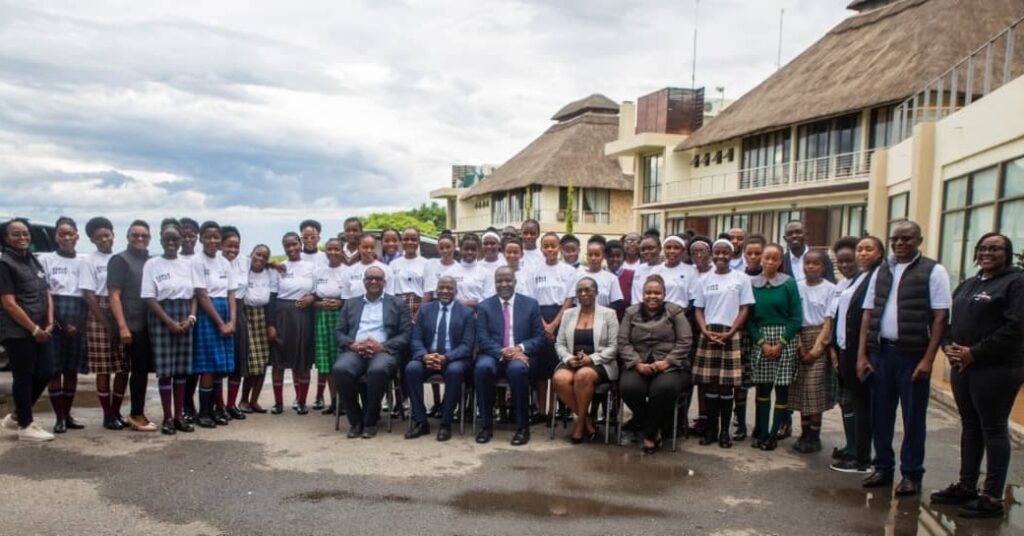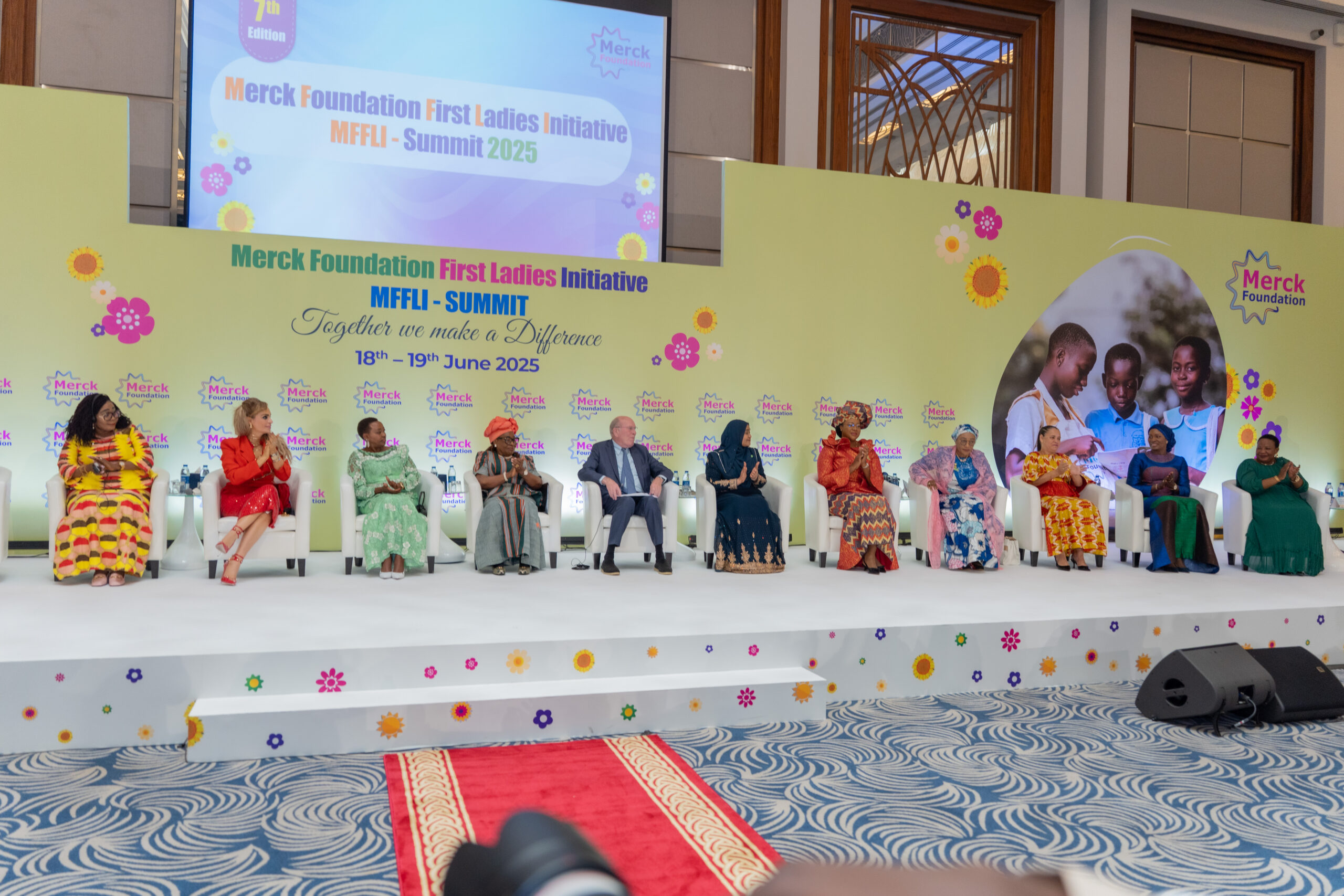Girls in Tech Bootcamp Empowers Zambia’s Future Innovators
Zambia has reinforced its commitment to building an inclusive digital future with the 2025 Infratel Girls in Tech Bootcamp, held at the Lusaka Legacy Resort under the theme “Empowering the Next Generation of Innovators.”
Led by Infratel and supported by the Ministry of Technology and Science, the initiative places the girl child at the forefront of the nation’s technological progress.
Officiating at the event, the Minister of Technology and Science, Hon Felix Chipota Mutati, MP, emphasised that girls must be defined by their intellect and capability, not by gender.
He noted the impressive achievements of young girls who have excelled in robotics competitions, demonstrating that innovation transcends economic and social backgrounds. Every girl, he stated, deserves access to digital tools and platforms that unlock their potential.
The Bootcamp serves as a platform for girls to develop confidence, build hands-on digital skills, and apply their creativity to real-world challenges. It also prepares participants for international robotics and innovation competitions, where Zambian girls have already proven to be strong performers.
Hon Mutati urged the girls to embrace failure as part of the learning process and to continue striving for excellence, as Zambia needs fearless innovators and solution-driven leaders.
Infratel CEO Dr Evans Silavwe highlighted the ongoing gender gap in ICT careers, where women occupy only 30% of positions. He stressed that deliberate interventions are needed to close this gap, and the Bootcamp is a strategic step in that direction. By engaging Grade 11 learners at a critical career decision-making stage, Infratel aims to inspire more girls to pursue technology-related fields.
Dr Silavwe further announced the establishment of an innovation hub at the University of Zambia, designed to provide mentorship, technical resources, and sustained support for young innovators. This initiative ensures that innovation continues beyond the Bootcamp and strengthens Zambia’s broader digital ecosystem.
Key challenges discussed at the event included low female representation in ICT, limited exposure to global innovation platforms, persistent stereotypes about technology being male-dominated, and the need for early mentorship.
However, the programme also highlighted significant opportunities, such as access to international competitions, ongoing mentorship through the iHub ecosystem, and enhanced support through the SMART Zambia Agenda.



